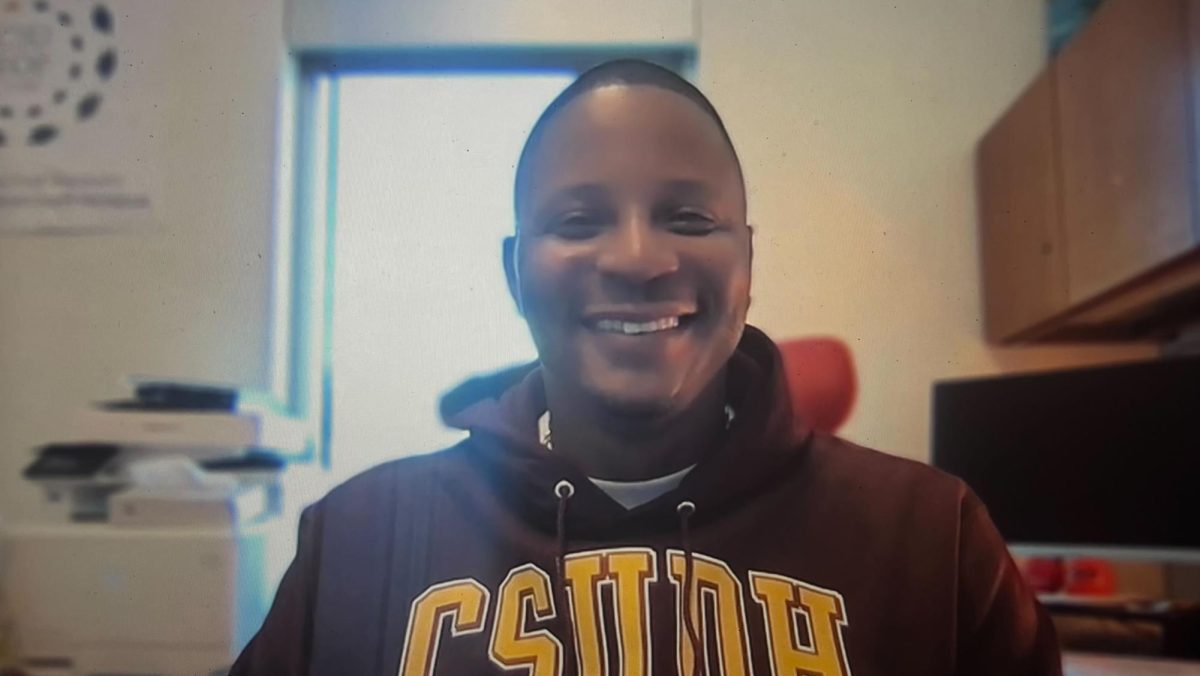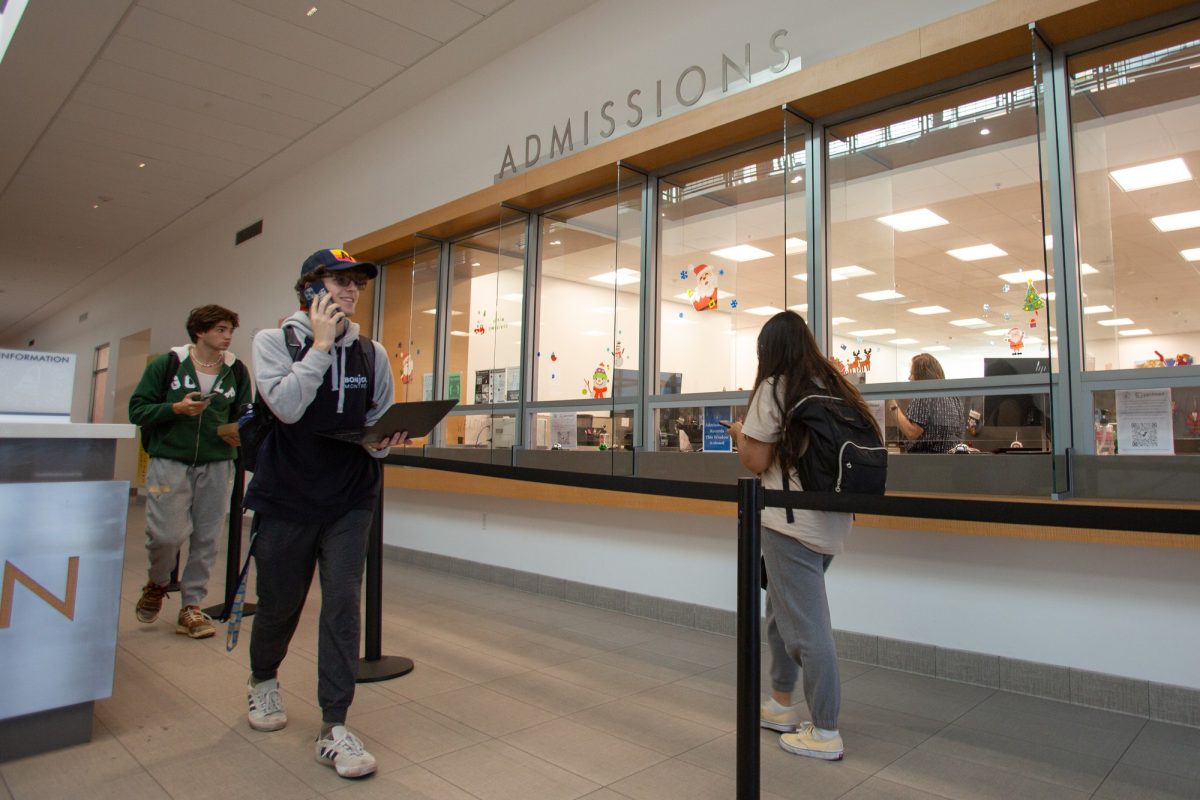Next week, the board of governors will vote on a new funding proposal that may result in the college becoming the lowest-funded community college in California.
Pam Fees, business manager, said the proposal was created to better equalize the amount of money distributed among community colleges.
“There needs to be some kind of adjustment to make sure there’s equity, so that some districts aren’t receiving a lot more than others,” Fees said.
However, the proposed formula will result in the college receiving the least funding of 72 districts in terms of how much funding it receives, Fees said.
Alex Kelley, vice president of Administrative Services, said the development of funding formulas often leaves some districts at a disadvantage. If the proposal is approved, the college will have the least benefits.
“It’s very difficult to find something that’s fair to all. In this particular proposal, we feel it’s not fair to El Camino, but any proposal they come up with is going to have somebody disappointed,” Kelley said.
The proposal gives additional funding based on the number of fulltime equivalent students, the size of the district and the number of “centers,” or non-college campuses in a district.
According to the state, a full-time student has 15 registered units, whereas EC requires 12 units to be considered full-time.
“El Camino is considered a medium-sized college. We weren’t large enough to make it onto large single-college districts, although there’s some that are just a little bit over us,” Fees said.
Because the college will be receiving less funding from the state, certain areas of the college may be affected. Many of the changes may not affect students, but rather the faculty, the utilities and campus operations.
“The fact of the matter is students will probably not notice a big change because we will continue to offer the programs and services to the best of our ability,” Fees said.
According to Fees, the proposal has not been written in stone, and could easily change before being voted upon.
“At this point, we don’t know if this is the final formula that’s going to be in place. The district will do its best to make sure that it doesn’t have a direct impact on faculty, or students, or staff,” Fees said.
However, Kelley said that students and faculty should take necessary actions as if the proposal was already in place and to voice their concerns to those with the power to change it.
“I think the students should be doing the thing that all responsible citizens should do and make sure their elected representatives know how they feel about it,” Kelley said.








